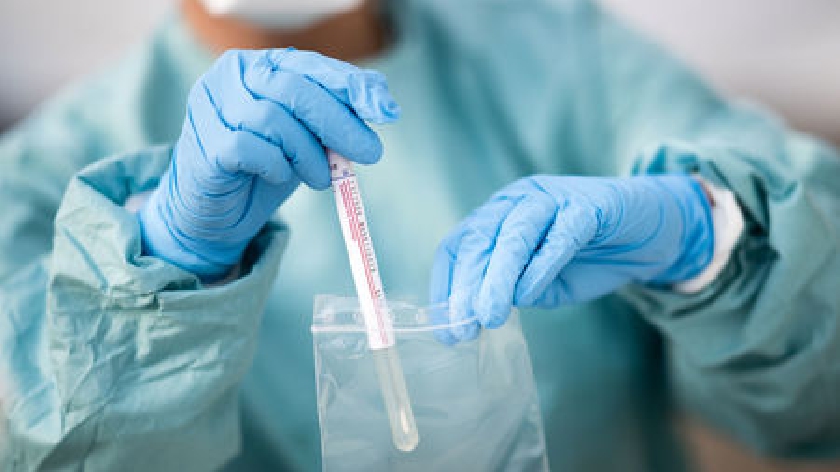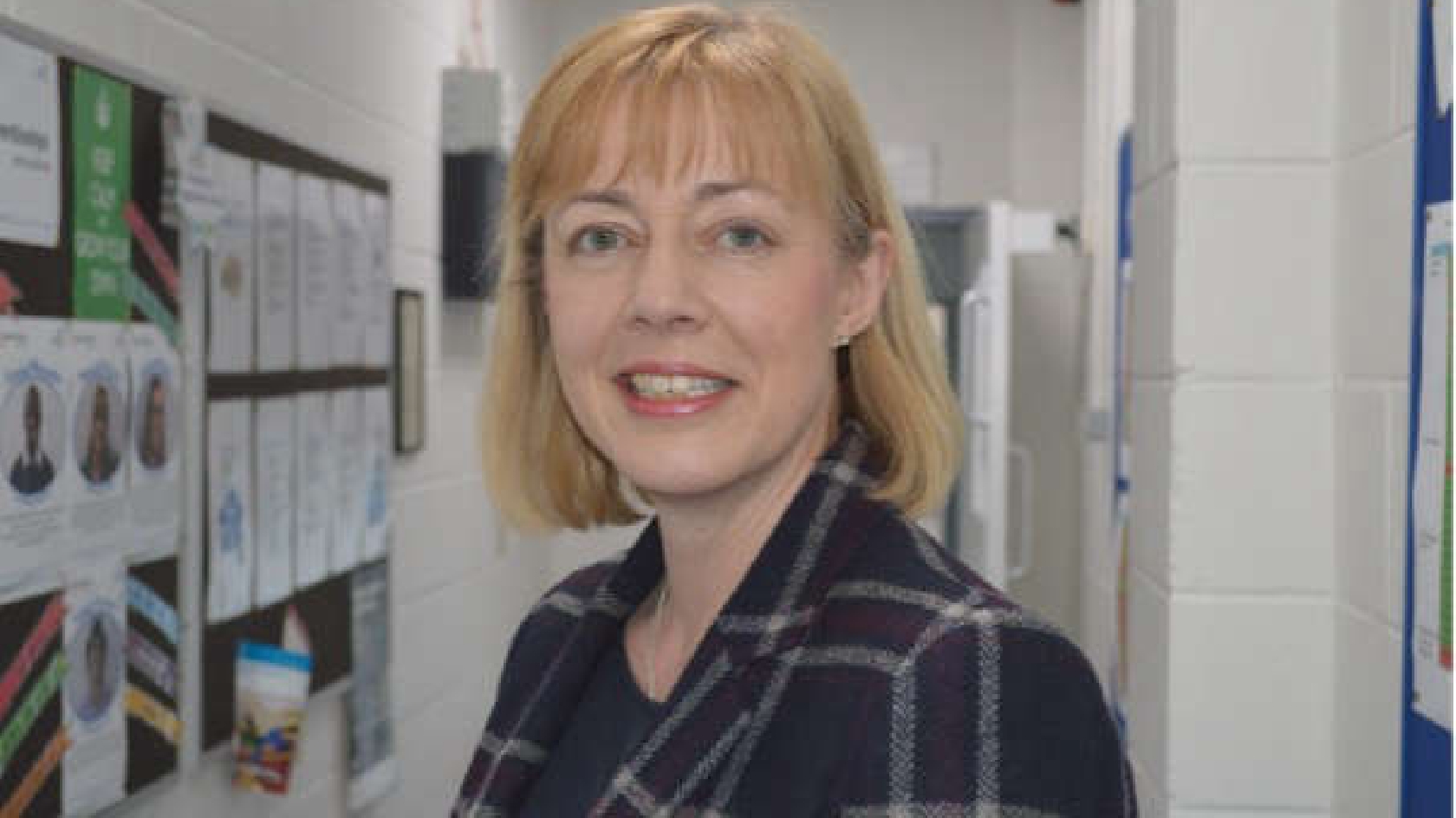
Anyone living with school-aged children in England will be entitled to two rapid coronavirus tests a week when pupils return to the classroom, the government has said.
All secondary school and college students will be tested twice a week when they go back on 8 March, according to the prime minister's roadmap out of lockdown.
But now ministers are promising all members of their households twice-weekly swabs as well.
The new measures apply to anyone in a household or support bubble with a child or young person who goes to college, primary or secondary school in England, the Department of Health and Social Care said.
Coronavirus tests for family members will be available at 500 pickup locations nationwide, existing local testing sites or schemes at their workplaces.
The government says that as lockdown restrictions ease with the return of schools and more social mixing in March, asymptomatic, rapid testing will help keep COVID-19 rates down while vaccines are being rolled out.
Education Secretary Gavin Williamson said: "Testing family members will provide yet another layer of reassurance to parents and education staff that schools are as safe as possible, building on the massive increase in testing for secondary school and college students, and strengthened requirements around face coverings in areas where social distancing cannot be maintained."
Public Health England's medical director Dr Yvonne Doyle also urged people to take up the offer, saying: "I would encourage all eligible households to take up the offer of twice weekly rapid testing - it's quick and painless and could help save lives."
Primary school children will not be tested once they return en masse in England, as scientists say there is no evidence of high transmission of the virus among such young age groups.
But although the government is promoting the use of rapid lateral flow tests (LFTs), some experts claim they are insensitive and can be ineffective.
Previously, public health expert Professor Robert Dingwall claimed LFTs were "pretty useless".
These mass tests miss people with early infections, so they are not really any kind of solution," Prof Dingwall told Sky News.
"The government has bought a huge stockpile of these tests and something has to be done with them."
Some studies have suggested rapid tests fail to pick up cases, while others claim their sensitivity - when compared with traditional lab testing - can offer insights on whether infections are rising or falling in a particular area.
© Sky News 2021













